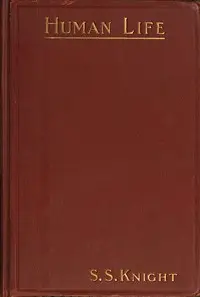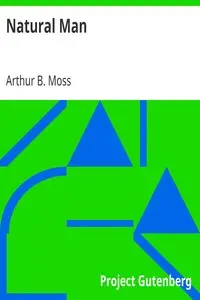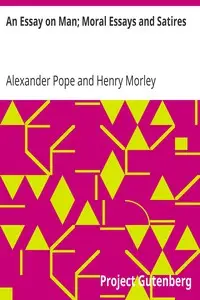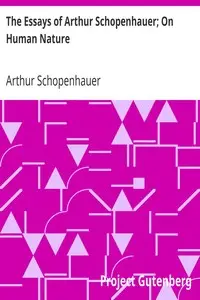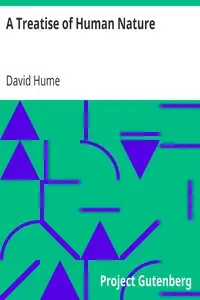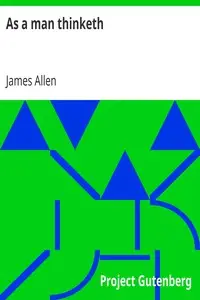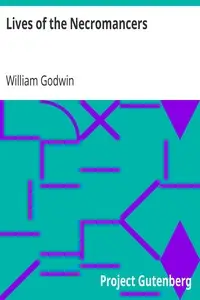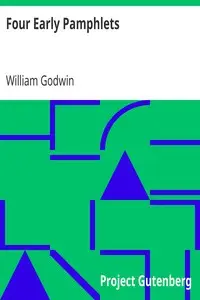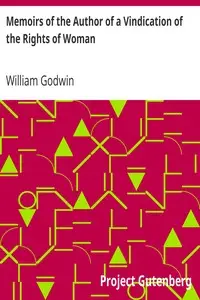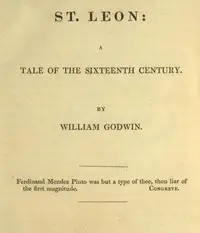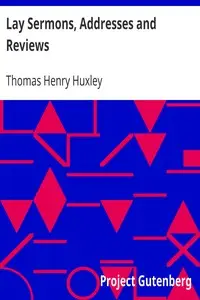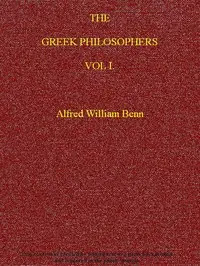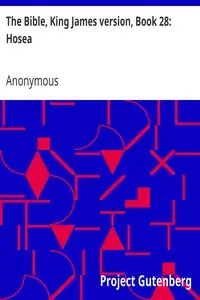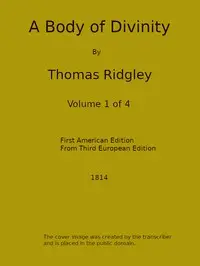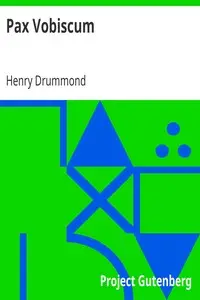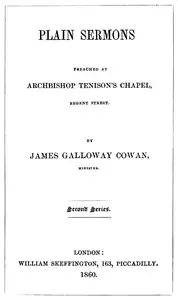"Thoughts on Man, His Nature, Productions and Discoveries" by William Godwin is a series of essays that explore what it means to be human, particularly our thinking and creative abilities. Godwin starts the book with a commitment to writing clearly, emphasizing the importance of human dignity and arguing against those who look down on humanity. He compares the power of the mind to the limitations of the body, setting the stage for essays that examine talent, achievement, and the complexities of life. He invites the reader to reflect on what mankind can achieve and how this adds to society.
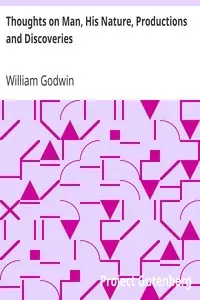
Thoughts on Man, His Nature, Productions and Discoveries Interspersed with Some Particulars Respecting the Author
By William Godwin
Explore the big questions of existence, as this book sets out to explore profound human potential and societal possibility.
Summary
About the AuthorWilliam Godwin was an English journalist, political philosopher and novelist. He is considered one of the first exponents of utilitarianism and the first modern proponent of anarchism. Godwin is most famous for two books that he published within the space of a year: An Enquiry Concerning Political Justice, an attack on political institutions, and Things as They Are; or, The Adventures of Caleb Williams, an early mystery novel which attacks aristocratic privilege. Based on the success of both, Godwin featured prominently in the radical circles of London in the 1790s. He wrote prolifically in the genres of novels, history and demography throughout his life.
William Godwin was an English journalist, political philosopher and novelist. He is considered one of the first exponents of utilitarianism and the first modern proponent of anarchism. Godwin is most famous for two books that he published within the space of a year: An Enquiry Concerning Political Justice, an attack on political institutions, and Things as They Are; or, The Adventures of Caleb Williams, an early mystery novel which attacks aristocratic privilege. Based on the success of both, Godwin featured prominently in the radical circles of London in the 1790s. He wrote prolifically in the genres of novels, history and demography throughout his life.

